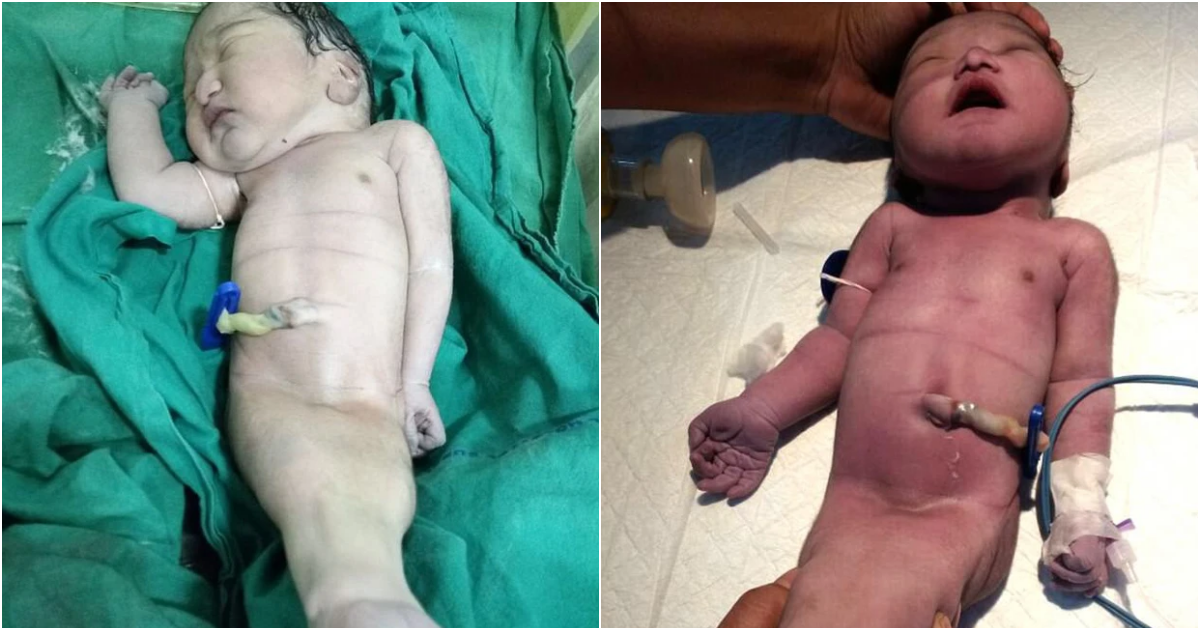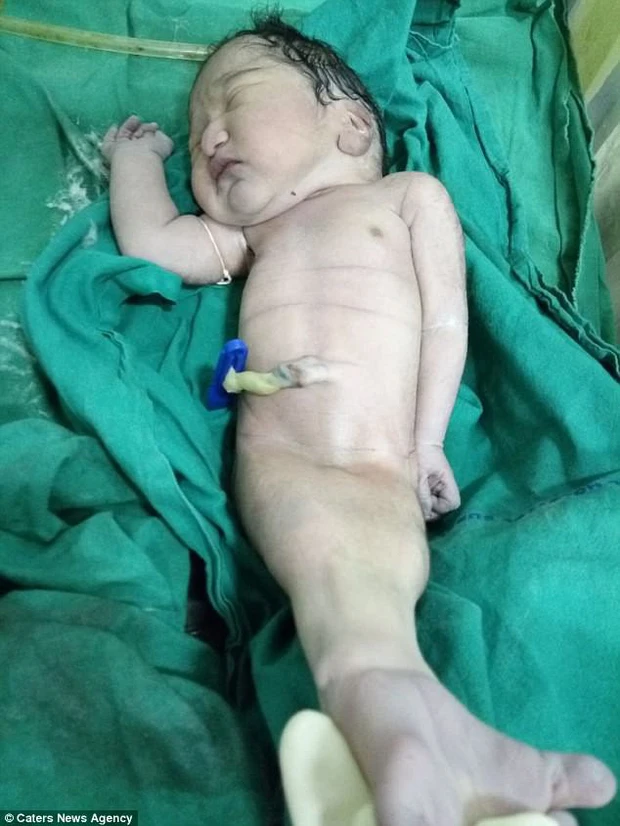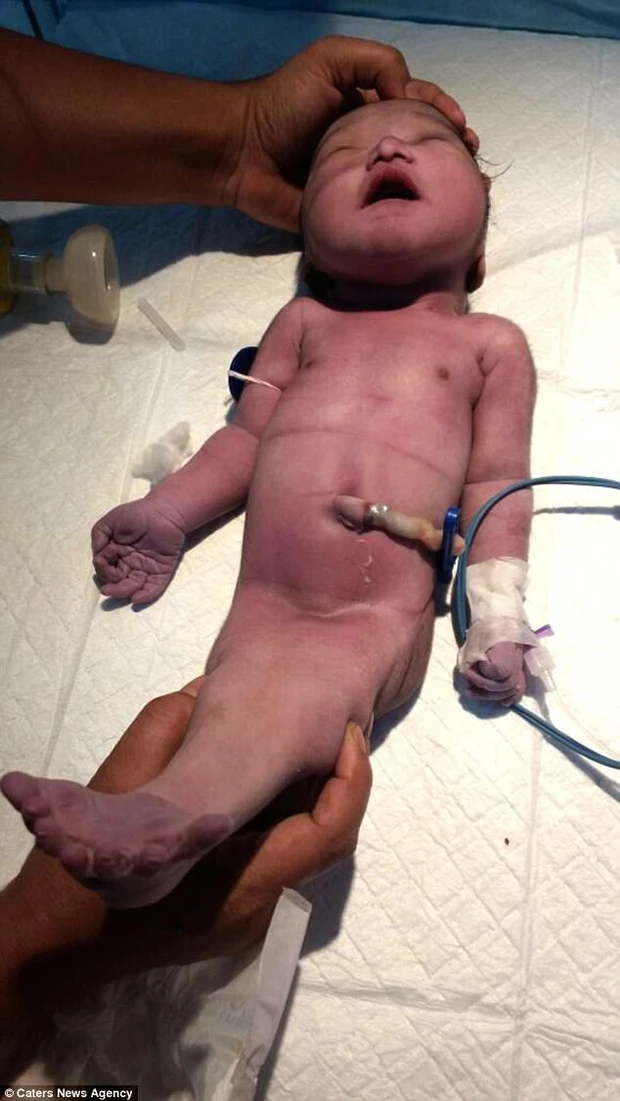Rare Mermaid Syndrome: Newborn with Sirenomelia Survives for Four Hours in India

A newborn baby in India was born with a rare condition known as Sirenomelia, also known as Mermaid Syndrome, resembling the mythical creature. Unfortunately, the baby only survived for four hours after birth. Normally, regular ultrasound examinations help expectant mothers determine the condition of their unborn babies quite accurately. However, despite undergoing regular prenatal check-ups, 23-year-old Muskura Bibi from the city of Buxar in the eastern Indian state of Bihar could never have anticipated that her first child would have such a unique physical appearance.

 Dr. Sudip Saha, a pediatrician at the Chittaranjan Deva Sadan Hospital, stated that this was the first case he had encountered throughout his medical career. It was the first reported case of Sirenomelia in West Bengal and the second in India. He also speculated that nutritional deficiencies and inadequate blood supply from the mother could be contributing factors to this condition.
Dr. Sudip Saha, a pediatrician at the Chittaranjan Deva Sadan Hospital, stated that this was the first case he had encountered throughout his medical career. It was the first reported case of Sirenomelia in West Bengal and the second in India. He also speculated that nutritional deficiencies and inadequate blood supply from the mother could be contributing factors to this condition.



